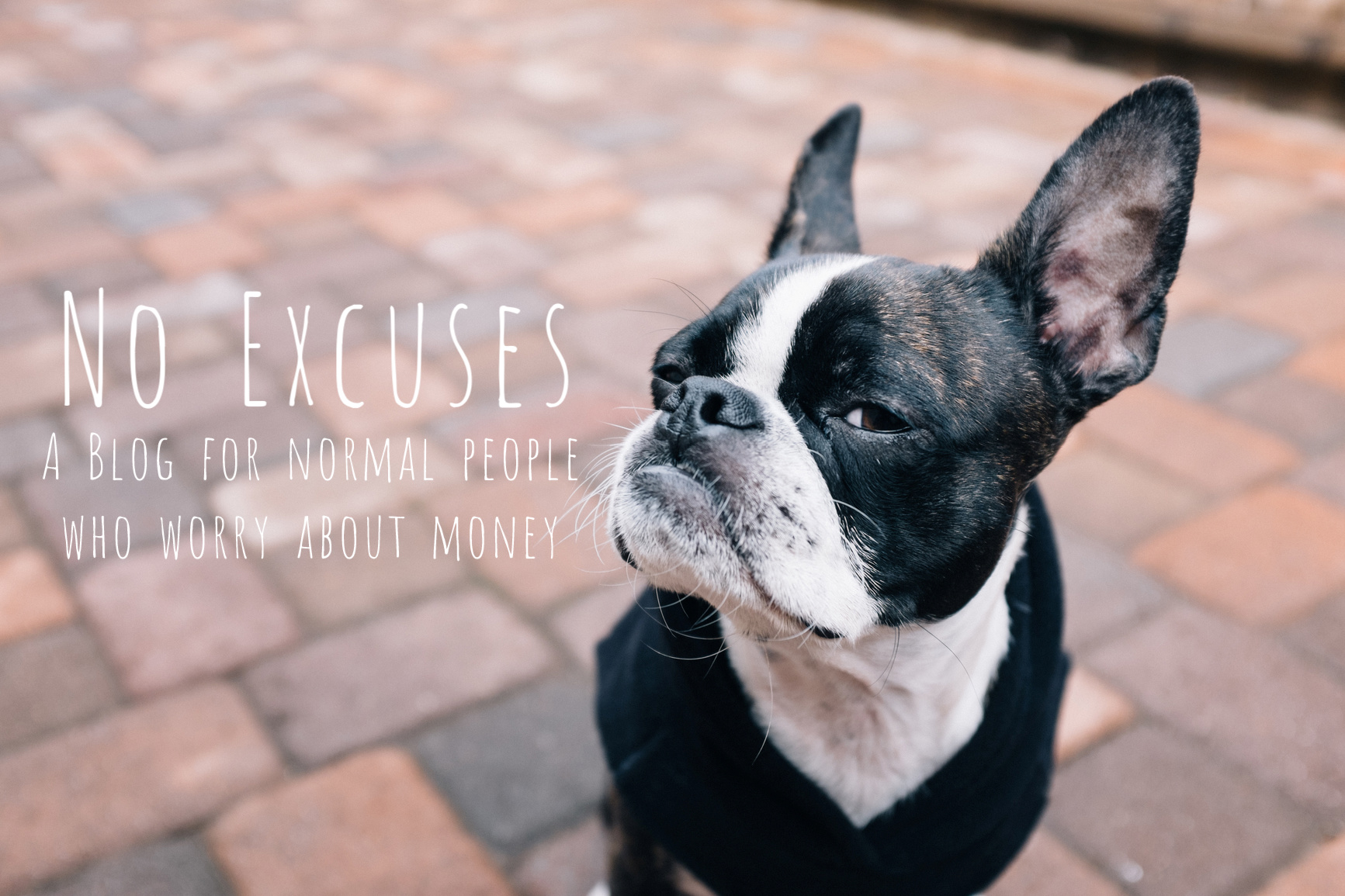When I first started this blog several months ago, I added a snappy little glossary definition of ETF's, figuring that I would not be able to get many of you excited about them as a topic. But the other night I got a question from a reader about these increasingly popular investment vehicles, so I have decided it's time to give you the fully story (or at least the slightly-longer-but-not-too-tedious story)—
Let's start with my original glossary definition:
An investment fund that tracks a list of stocks, bonds, commodities or other investments. Investors own shares of the fund, rather than directly owning the investments within it. Unlike mutual funds, ETF's trade like a stock such that the price changes throughout the day.
The best known ETF's are index funds and are popular for their low costs.
If you really want to wrap your head around ETF's, you need to understand how funds in general work. A fund is a like a shared pot for which the fund manager buys a selection of investments. Those investments are usually stocks or bonds, but there are other investments they can choose from as well. Once the fund manager has created that "pot", she will buy and sell investments according to whatever strategy she has laid out at the beginning—think of that strategy as the fund's "recipe." The recipe can be pretty precise: "I'll only buy stock from companies that make things out of timber." It can be broader: "I'll look for the most undervalued stocks in the U.S. market." Or it can be blended: "I'll always keep 70% U.S. stocks and 30% U.S. bonds."
Regardless of the fund manager's strategy, all of the money for these purchases comes from people like you who buy shares in the fund. And this raises the question of how you buy "into" the fund...and how you get your money out. This is where the type of fund you buy—ETF or mutual fund—makes a difference. If you want to purchase or sell one share of a mutual fund, you will always find the price of a share from the fund's Net Asset Value (NAV for short). That number is a simple calculation of how much the fund's current investments are worth, and it's only calculated once a day—at the end of the trading day. Simple!
An Exchange Traded Fund (or ETF) doesn't make things so easy. Just as stock prices slide up and down over the course of a trading day as people bid and sell them, an ETF price slides around constantly depending on how much traders in the market are willing to pay for a share in it at that moment. If everyone is betting that the fund manager is doing well, the price of a share in the ETF will go up (and vice versa).
Should you buy ETF's?
As you can see from my glossary entry, ETF's have been a particularly popular form of "pot" for a fund manager wanting to create an index fund, where the "recipe" is to have a little bit of everything on a given list (say, all companies on the S&P 500, or all U.S. oil companies). With index funds, a computer does most of the work calculating buys and sells, and the fund manager generally can charge you, the fund owner, a little less as a result. Lower fund management fees is always a good thing.
And there is one other thing you should know about ETF's vs. Mutual Funds—the taxes are different. If you own a share of a mutual fund, you and the rest of the fund's owners will share the fund's tax bill at the end of the year. These are called contribution taxes, and they come from the capital gains taxes created when the manager sells an investment in the fund for more than she paid for it. As with any investment, you will also pay a capital gains tax on your shares when and if you sell them for more than you originally paid.
On the hand, the IRS treats ETF's like a big, funny looking stock. As with the mutual fund (and other investments) you pay capital gains taxes when you sell your shares. But the IRS ignores the fact that the ETF has all of that other buying and selling going on inside it, which means no contribution taxes for you. A lot of investors and fund managers choose ETF's over mutual funds for this tax efficiency.
Have more questions about ETF's or other investments? Post something to me in the comments box below!








